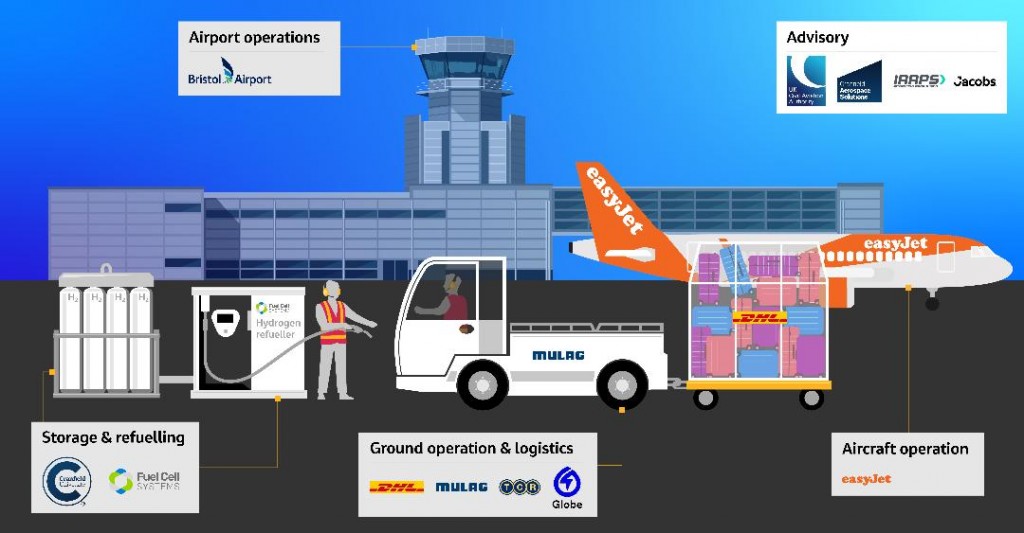Bristol Airport has acted as the test bed for a ground-breaking project showing how hydrogen can be safely used to power ground support equipment such baggage tractors.
Information gathered from the year-long trial, the first of its kind at a major UK airport, will form the basis for a new white paper looking at accelerating the use of hydrogen in aviation and across other industries. 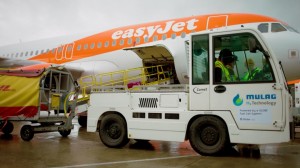
The project was led by low-cost airline easyJet, which has 18 aircraft based at Bristol Airport, and conducted as part of its daily operations.
It demonstrated that hydrogen, widely regarded as a viable source of clean energy, particularly in heavy-use sectors such as freight transport and aviation, could be safely and reliably used to refuel ground equipment in a busy airport environment.
Called Project Acorn, the trial included a range of other leading organisations from across aviation, engineering, logistics and academia, including the University of Bath’s Institute for Advanced Automotive Propulsion Systems (IAAPS).
It also supports work being carried out by Hydrogen South West, the partnership of leading businesses and innovators, including Bristol Airport, aiming to develop the UK’s leading zero-emission hydrogen infrastructure in the region. 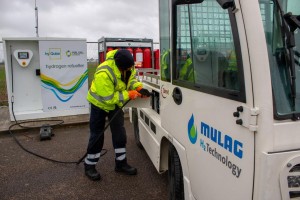
Bristol Airport, which is currently being expanded to increase its capacity from 10m to 12m passengers a year, is committed to being among the UK’s first net zero airports by 2030 even as it continues to expand.
It was named among the most sustainable in the world last November in the Airport Honour Awards in recognition of its ambitious plan to achieve net zero on its operations by 2030.
The following month it became the first UK airport outside London to achieve ‘Level 4+ Transition’ status in the international carbon accreditation scheme run by the Airports Council International (ACI).
The group behind Project Acorn intends to use the findings from the trial to help develop industry-best practice standards, provide guidance to airports, airlines, local authorities and regulators on required infrastructure changes, and support the development of a regulatory framework for hydrogen’s use on an airfield – standards which, due to hydrogen’s nascency in aviation, do not currently exist. 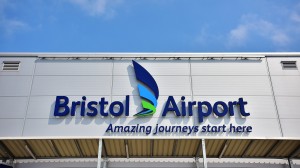
The insights gathered will also feed into research being carried out by groups such as Hydrogen in Aviation to ensure UK regulations keep pace with the technological developments in carbon emission free flying.
David Morgan, chief operating officer at easyJet, which flies to 70 destinations from Bristol – more than half the airport’s total – said: “It’s without doubt that hydrogen will be an important fuel of the future for short-haul aviation, as demonstrated by the rate of innovation we’re seeing.
“While the technology is advancing at an exciting pace, as hydrogen isn’t used in commercial aviation today, there is currently no regulatory guidance in place on how it can and should be used.
“So trials like this are very important in building the safety case and providing critical data and insight to inform the development of the industry’s first regulatory framework. 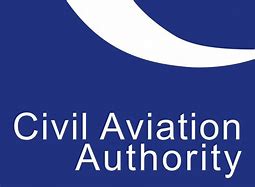
“This will ensure regulation not only keeps pace with innovation, but importantly also supports the industry in meeting its decarbonisation targets by 2050.”
The Civil Aviation Authority (CAA) played an active role in the trial as an independent reviewer of the safety case.
Its director for strategy, policy and communications, Tim Johnson, said: “Projects such as this are cornerstones of our commitment to support innovation and decarbonisation in the industry.
“This trial will serve as the basis of a White Paper which we will also be contributing to, as well as allow for the creation of further safety guidance and regulatory standards for the use of hydrogen in aviation.
“We look forward to helping nurture this seed of the future greener aviation sector as it continues to grow.”
Other organisations backing Project Acorn included Cranfield Aerospace Solutions, Cranfield University, Connected Places Catapult (CPC), DHL Supply Chain, Fuel Cell Systems, Jacobs, Mulag and TCR.
The Department for Transport’s Jet Zero Strategy estimates that rapid investment in hydrogen aviation could create more than 60,000 jobs across the UK while industry body Hydrogen UK forecasts that the fuel could contribute £18bn to the economy and help meet up to half of the UK’s energy requirements by 2050.











